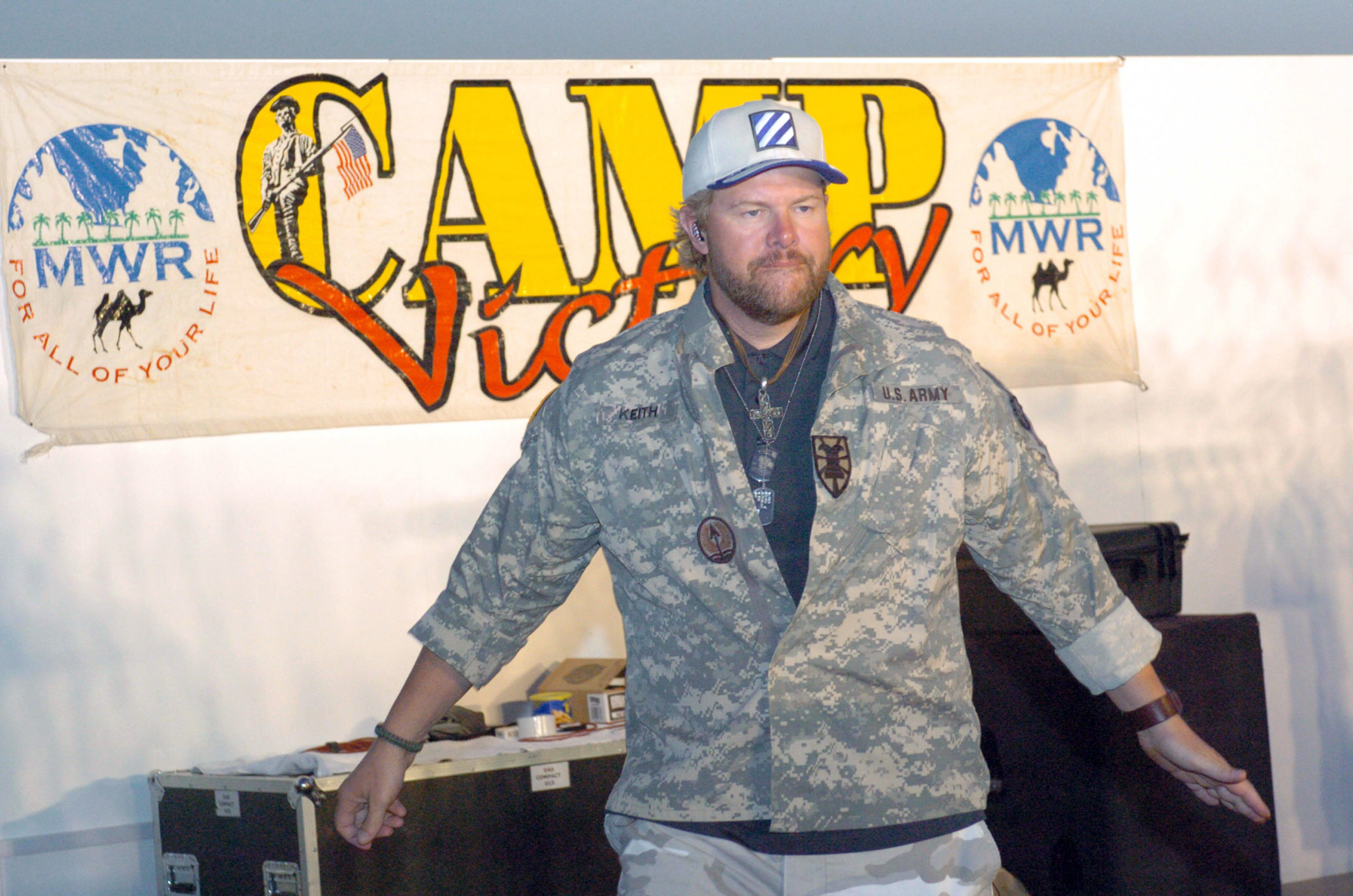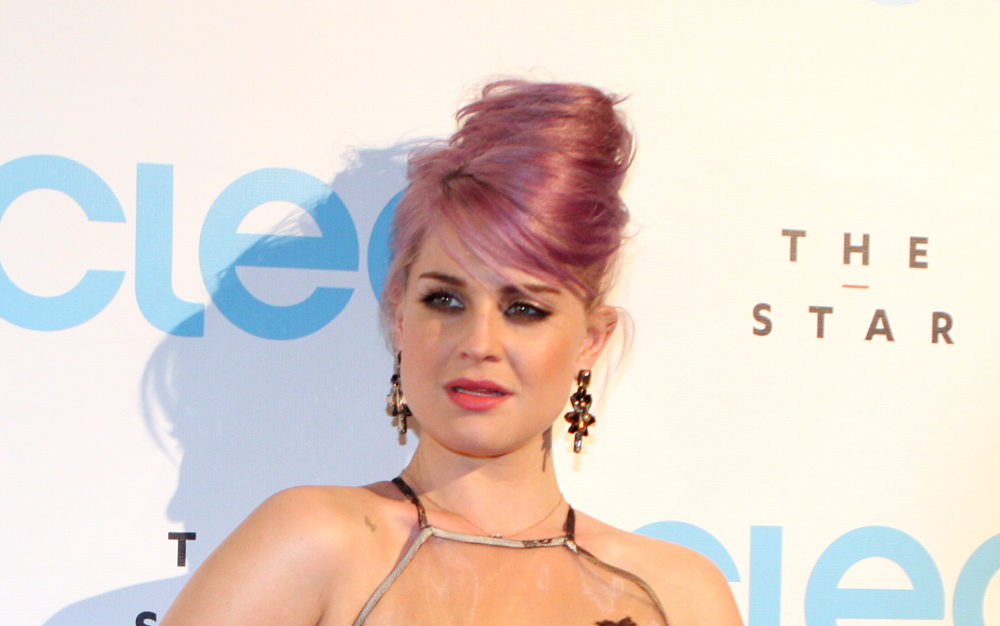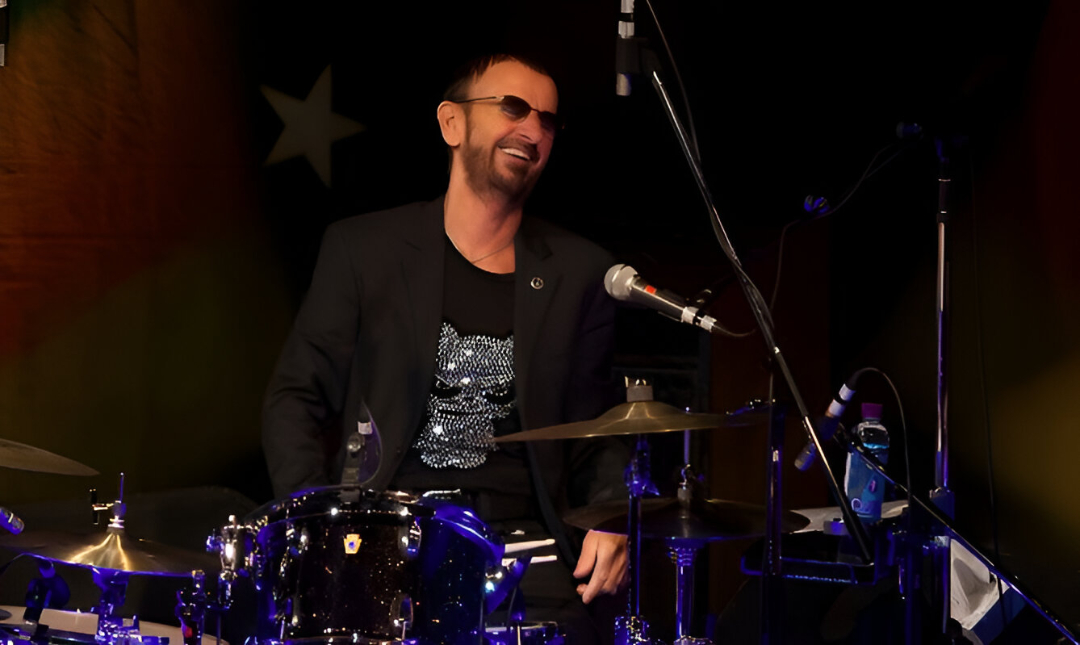The trademark battle between “Real Housewives of Potomac” star Gizelle Bryant and rap titan Eminem has reportedly frustrated Bryant, according to reporting from People magazine. This personal dimension adds an unexpected layer to what would otherwise be a straightforward legal dispute.
The conflict began when Bryant and castmate Robyn Dixon sought to trademark “Reasonably Shady” for their relationship and pop culture podcast. Eminem‘s legal team opposed the application, arguing the name sits too close to his established “Shady” brand portfolio that includes Slim Shady, Shady, and Shady Limited.
At its core, this case resembles a territorial standoff between two entertainment brands. Eminem’s team insists podcast listeners might mistakenly believe the rapper endorses the RHOP stars’ content and merchandise – confusion that could potentially damage his brand. For celebrities, these distinctions represent important business considerations.
The United States Patent and Trademark Office Board delivered Bryant and Dixon a setback. Their ruling? The reality stars can depose Eminem’s longtime manager Paul Rosenberg, but the rapper himself won’t have to participate in questioning – at least not for now.
Bryant and Dixon haven’t surrendered their position. They’ve filed for reconsideration, arguing Eminem’s direct testimony remains crucial for addressing ownership questions and potential consumer confusion. Both parties have maintained formal communications focused on legal arguments.
The podcast hosts maintain that both Eminem (Is it even the real Slim Shady?) and Rosenberg should face questioning, pointing to their own willingness to participate in depositions. This creates an asymmetrical situation in the ongoing legal proceedings.
The implications of this case extend beyond these specific parties. Trademark disputes in the podcast industry highlight the complex legal environment content creators must navigate as the medium continues to grow and commercialize.
For Bryant’s family, however, the dispute has apparently created a personal dimension beyond the courtroom, highlighting how professional conflicts can sometimes affect personal lives in unexpected ways.


























